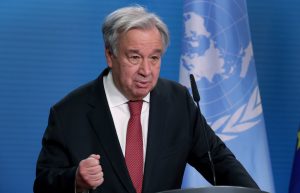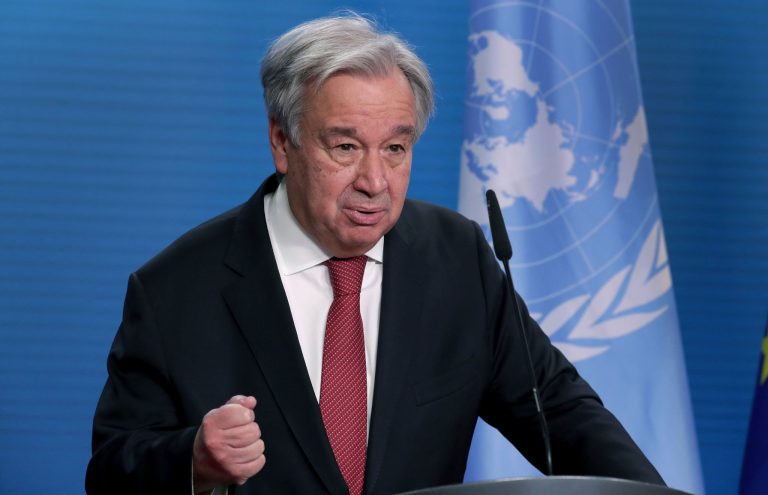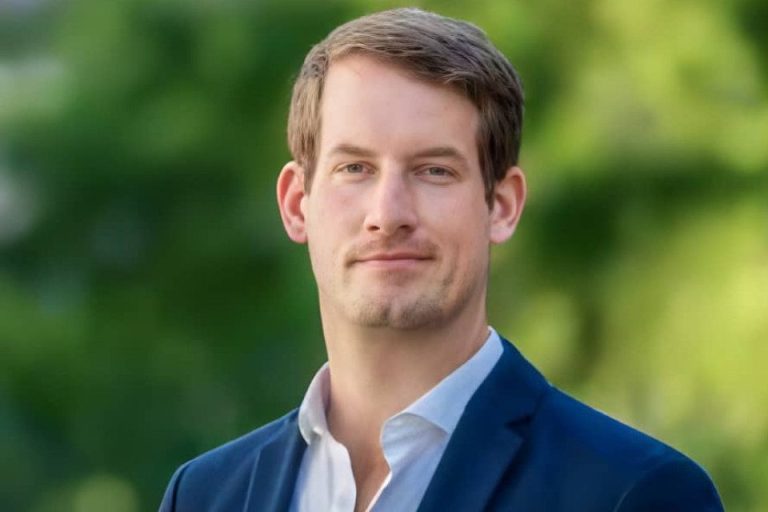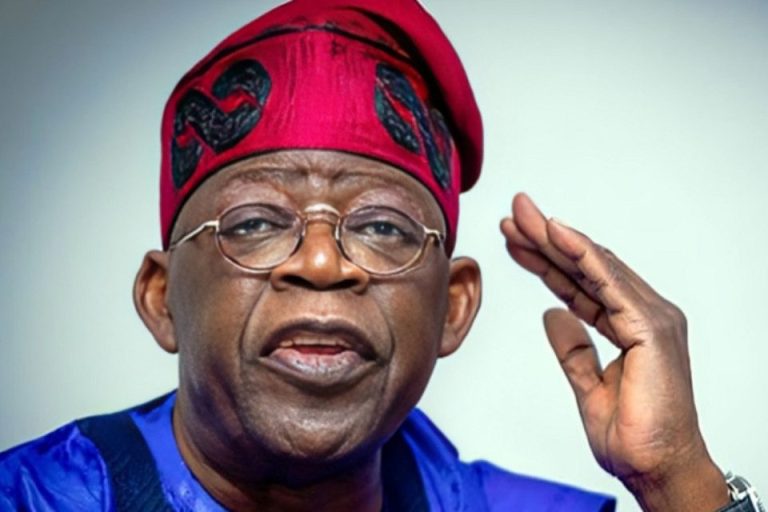
UN Secretary-General
A coalition of esteemed technical experts, including Internet pioneer (Vint Cerf) and World Wide Web inventor (Tim Berners-Lee), has issued a poignant plea to the United Nations in an open letter to António Guterres, UN Secretary-General and Amandeep Singh Gill, Secretary-General’s Envoy on Technology, to maintain the Internet governance of bottom-up, collaborative and inclusive model in the upcoming Global Digital Compact (GDC).
The GDC was proposed by the UN Secretary General after the UN’s 75th Anniversary in 2020, as part of his report: “Our Common Agenda”. According to the UN, the GDC will outline shared principles for an open, free, and secure Internet for all, and is expected to be formally agreed to at the upcoming Summit for the Future in September 2024.
The technical experts stated that although the Internet and World Wide Web (WWW) were born in the laboratories of government and CERN respectively, they have evolved and been collaboratively maintained through multi-stakeholder processes such as the Internet Engineering Task Force (IETF) and World Wide Web Consortium (W3C). These are considered as open, consensus-based, bottom-up, voluntary, and global standards bodies, and the efforts of these bodies have greatly impacted the advanced development brought by the Internet.
The group stated that there are harms associated with the usage of the Internet and the Web, and recognizes the efforts of governments to protect their citizens from such risks through regulation and legislation, including the ability of the Internet’s technical architecture to enable and influence how the Internet is used. It however noted that technical architecture cannot address all the risks associated with the Internet, and regulation as well as legislation can pose potential danger if it undermines the fundamentally empowering nature of the Internet.
In its letter, the group expressed concerns with substantive elements of some proposals being made for inclusion in GDC drafts, including establishing a hierarchical model of governance over technical matters, mandates for more centralized governance, and failure to adequately protect traditional multi-stakeholder Internet governance models.
Expressing concerns over the current trajectory of GDC negotiations, the letter underscores the importance of maintaining a bottom-up, collaborative, and inclusive approach to Internet governance. It emphasizes that any deviation from this model risks undermining the Internet’s core architecture, which has fostered global connectivity and innovation for over five decades.
The group therefore urged member states, the Secretary-General, and the Tech Envoy to ensure that proposals for digital governance remain consistent with the enormously successful multi-stakeholder Internet governance practice that has brought us the Internet of today. It noted that although government engagement in digital and Internet governance is needed to deal with the risks posed by the Internet, it is a common responsibility to uphold the bottom-up, collaborative, and inclusive model of Internet governance that has served the world for the past half-century.
It reminded the UN that as the discussions leading up to the Summit for the Future are intensifying, stakeholders across technical communities and civil society organizations are observing closely, and anticipating decisions that could shape the future.





